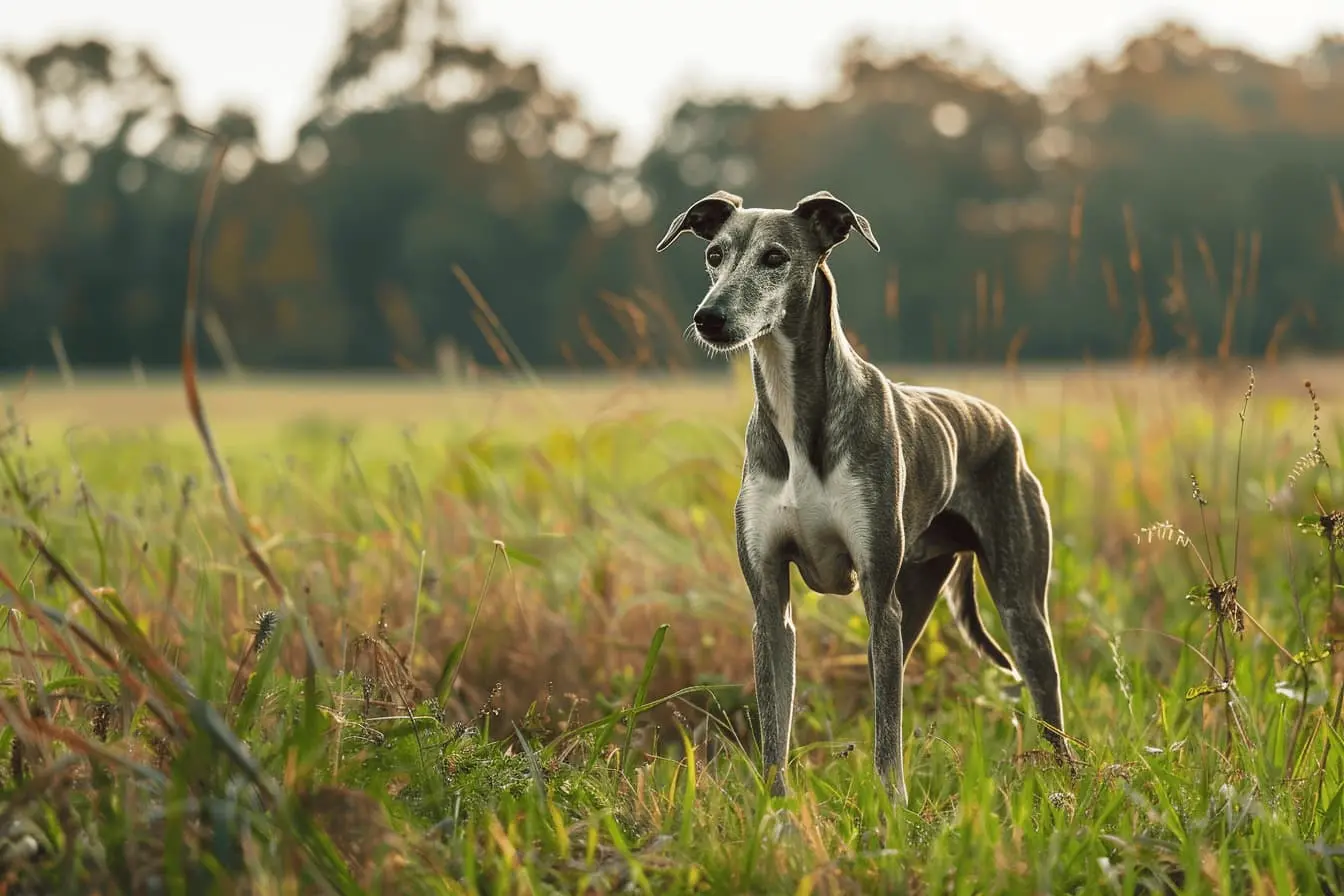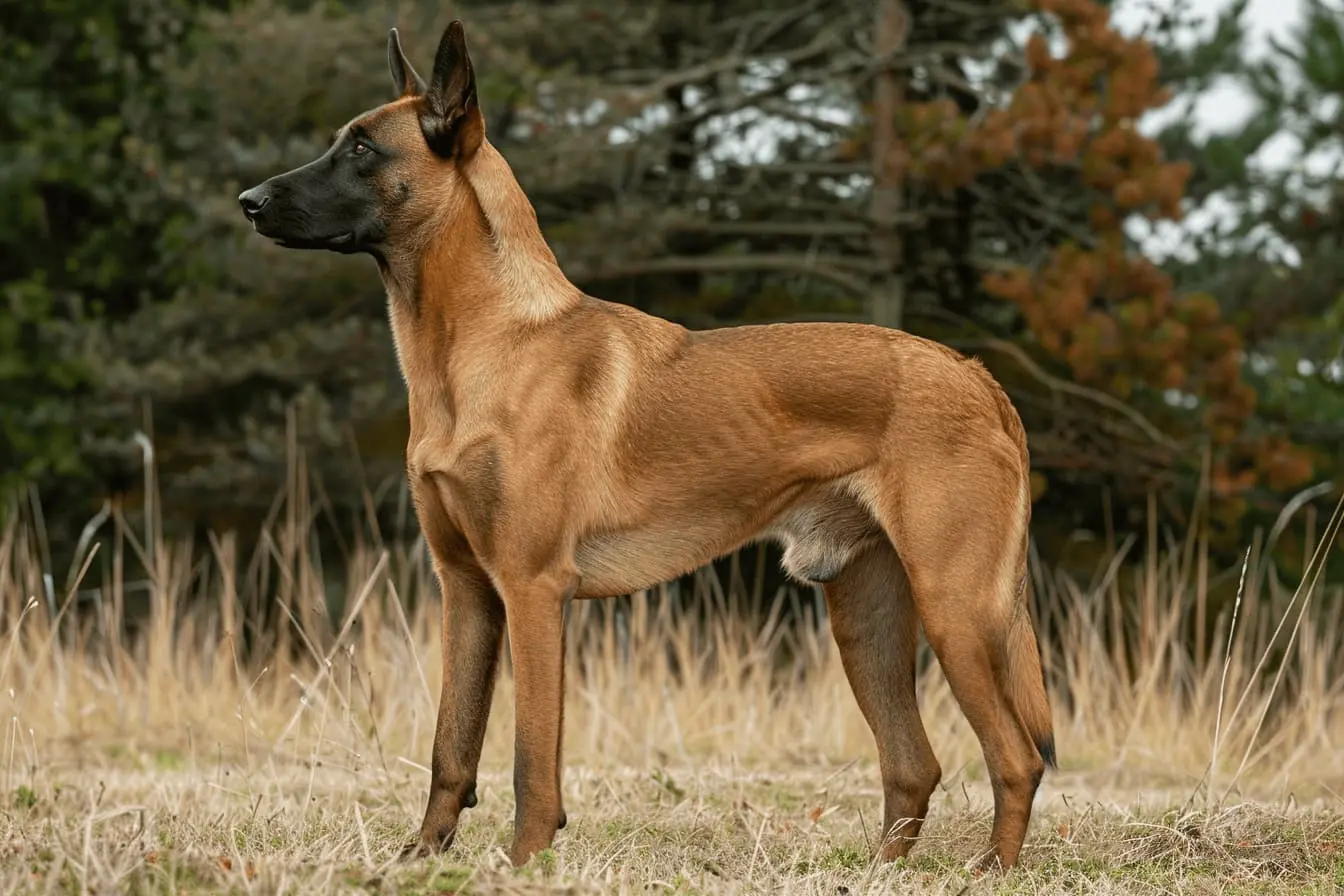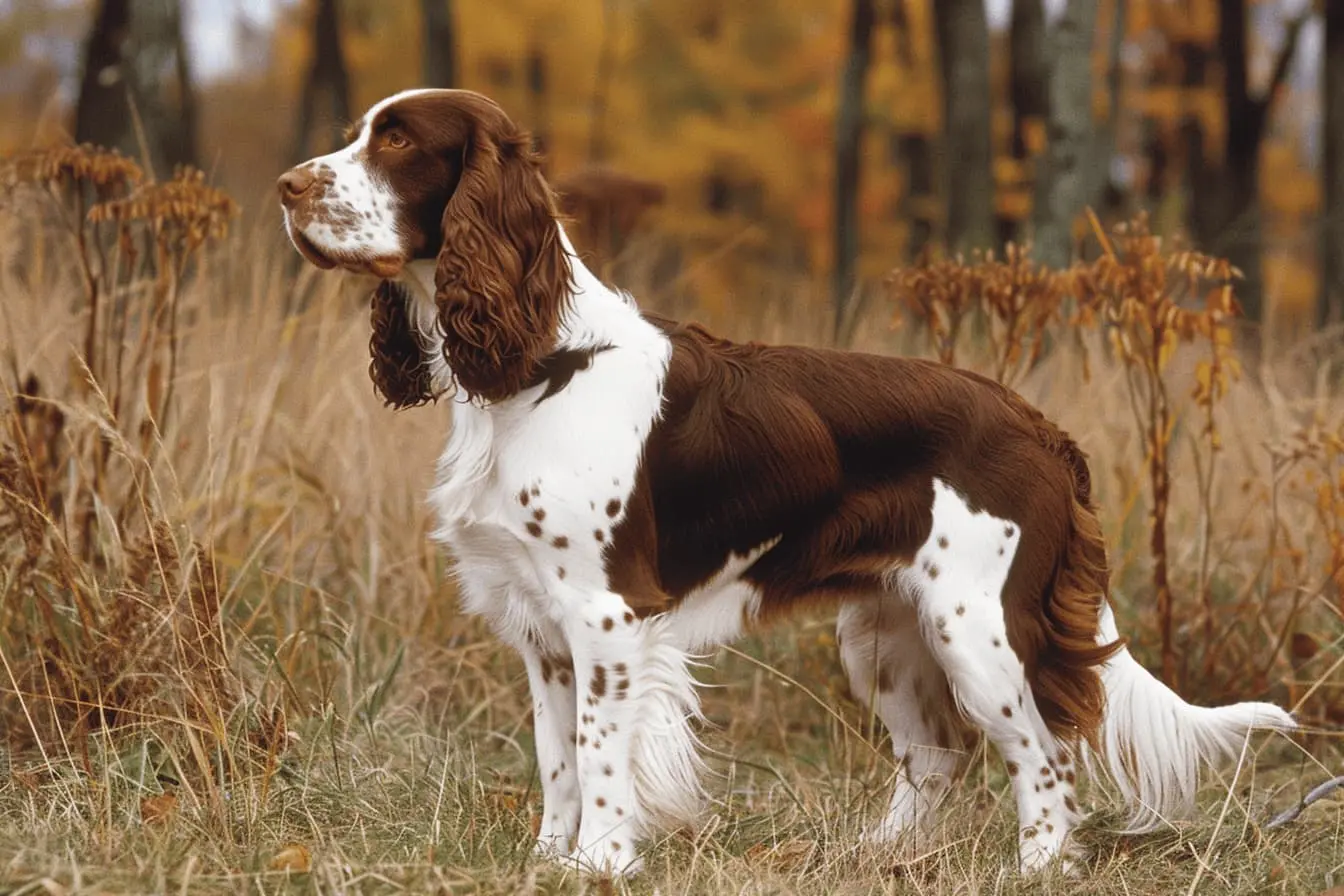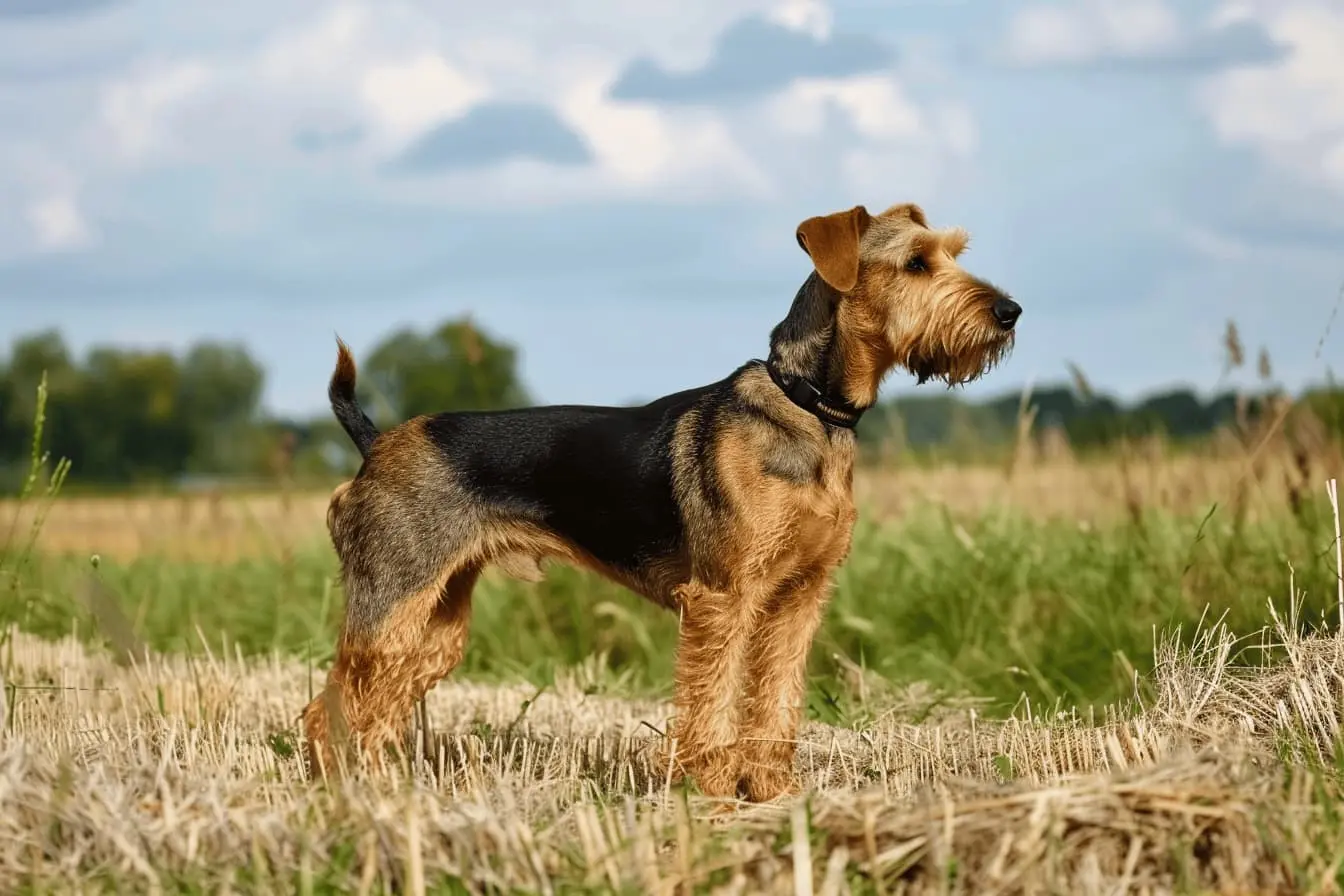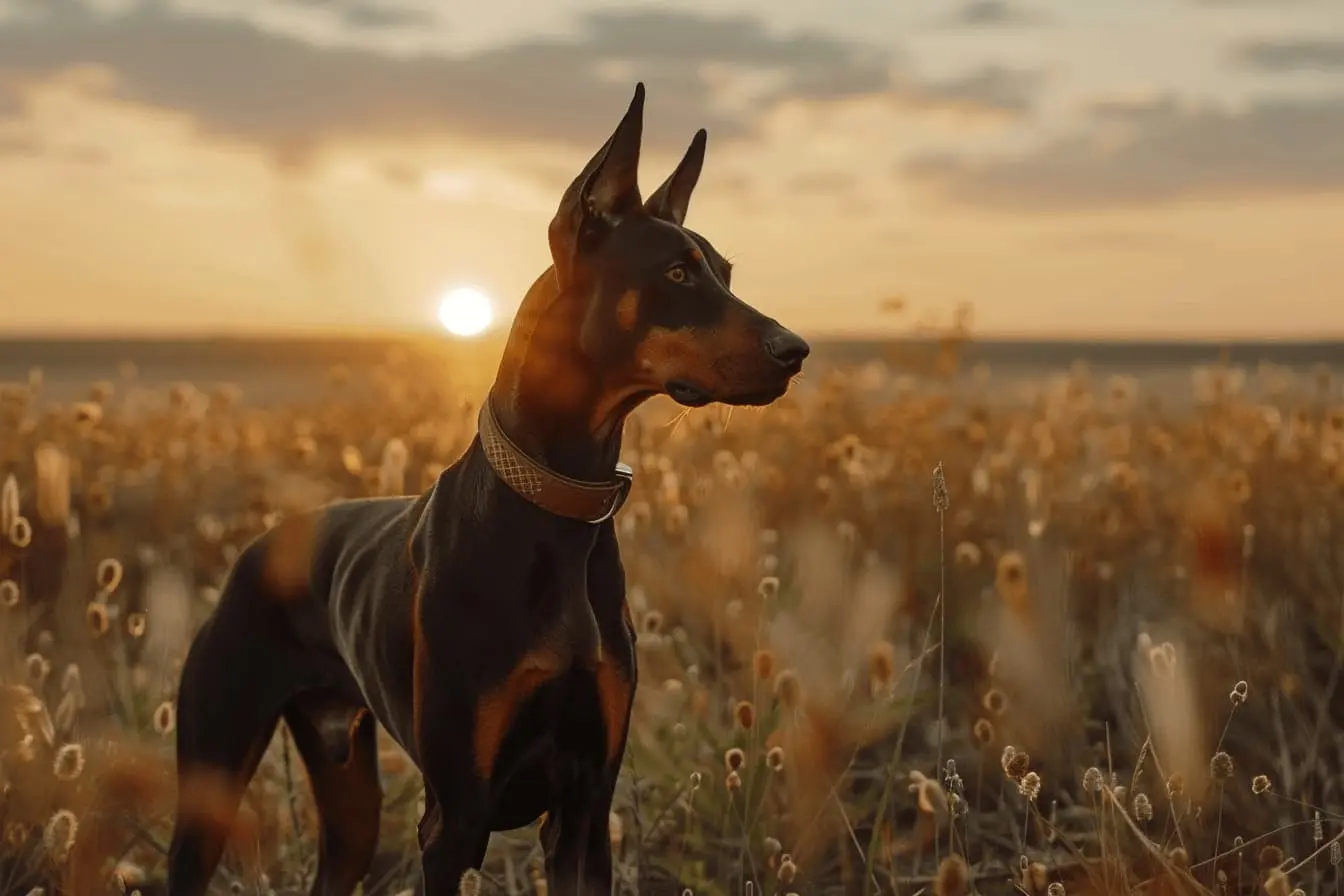
The Doberman Pinscher: A Noble and Protective Companion
The Doberman Pinscher, with its sleek coat, athletic build, and regal posture, is a breed that exudes an air of dignity and strength. Developed in Germany in the late 19th century by Karl Friedrich Louis Doberman, this breed was intended to be the perfect protection dog, combining loyalty, intelligence, and a formidable presence. Today, Dobermans are cherished not only for their protective instincts but also for their companionship and versatility in various canine sports. If you're considering bringing a Doberman into your home, it's essential to understand the breed's needs, temperament, and care requirements. This guide will provide you with a comprehensive overview of the Doberman Pinscher to help you make an informed decision.
Breed Overview
Dobermans are medium to large-sized dogs known for their endurance and speed. They are often associated with police and military work, search and rescue, and competitive obedience due to their intelligent and trainable nature.
Physical Characteristics
- Size: Males typically stand 26-28 inches tall at the shoulder, while females stand 24-26 inches. They usually weigh between 27 to 45 kg, with males being larger.
- Coat and Colour: Dobermans have a smooth, short coat that comes in colours including black, red, blue, and fawn, all with rust-colorued markings.
- Lifespan: The average lifespan of a Doberman Pinscher is around 10-12 years.
Personality and Temperament
Dobermans are known for their loyalty and affection towards their families. They make excellent household pets and are good with children if raised and socialised properly. Despite their reputation as fierce protectors, Dobermans are often gentle and loving companions within their home.
They have a high energy level and require regular exercise and mental stimulation to stay happy and healthy. Early socialisation and obedience training are crucial for Dobermans to ensure they become well-adjusted and manageable pets.
Exercise and Training
Dobermans thrive on being active. They require daily exercise such as long walks, runs, or play sessions in a securely fenced area. They excel in canine sports like agility, tracking, and obedience, which can also provide excellent mental and physical stimulation.
Training a Doberman requires consistency, patience, and positive reinforcement. They are eager to learn and respond well to commands, making them highly trainable. Establishing yourself as a confident and calm leader is essential to developing a strong bond with your Doberman.
Health and Care
Dobermans are generally healthy, but they can be prone to certain genetic health issues, including dilated cardiomyopathy (DCM), von Willebrand's disease, and hip dysplasia. Regular veterinary check-ups and a healthy diet are important to maintain their health.
Their short coat is easy to care for, requiring only occasional brushing to remove dead hair. They are clean dogs with minimal odor, making grooming relatively straightforward.
Living with a Doberman Pinscher
Dobermans are best suited for active families or individuals who can provide them with the attention, exercise, and training they require. They are adaptable to living in various environments but do best in homes where they have plenty of space to move around.
Their protective nature makes them excellent guard dogs, but it's important to manage this instinct through training and socialisation to prevent aggression. Dobermans form deep bonds with their owners and can suffer from separation anxiety if left alone for extended periods.
Is the Doberman Pinscher Right for You?
If you're looking for a loyal, intelligent, and protective companion who will be an active participant in your life, the Doberman Pinscher may be the perfect breed for you. They are well-suited for experienced dog owners who can provide the structure, training, and exercise these dogs thrive on.
However, if you are unable or unwilling to commit to their high exercise needs, have limited space, or are a first-time dog owner, a Doberman might not be the best fit for your lifestyle.
Conclusion
The Doberman Pinscher is a noble and versatile breed that offers companionship, protection, and unconditional love to the right owner. With proper care, training, and socialisation, a Doberman can become an invaluable member of your family, providing loyalty and affection for years to come. Understanding and respecting their needs is crucial to ensuring a harmonious and fulfilling relationship with this magnificent breed.
Vets near you
Speciality vets
- Aquatics vet specialists
- Birds vet specialists
- Camelids vet specialists
- Cats vet specialists
- Cattle vet specialists
- Deer vet specialists
- Dogs vet specialists
- Equines vet specialists
- Exotic vet specialists
- Goats vet specialists
- Pigs vet specialists
- Poultry vet specialists
- Sheep vet specialists
- Small Mammals vet specialists
- Wild vet specialists
Vet facilities
- Accessible by public transport
- Blood testing
- Car park nearby
- Client car park
- Dentistry
- Diagnostic imaging
- Disabled public access
- Flea and worm treatments
- Microchipping
- Mobile services
- Neutering
- Open at weekends
- Out-of-hours service
- Referral interests
- Referrals only
- Street parking outside
- Toilets available
- Vaccinations
